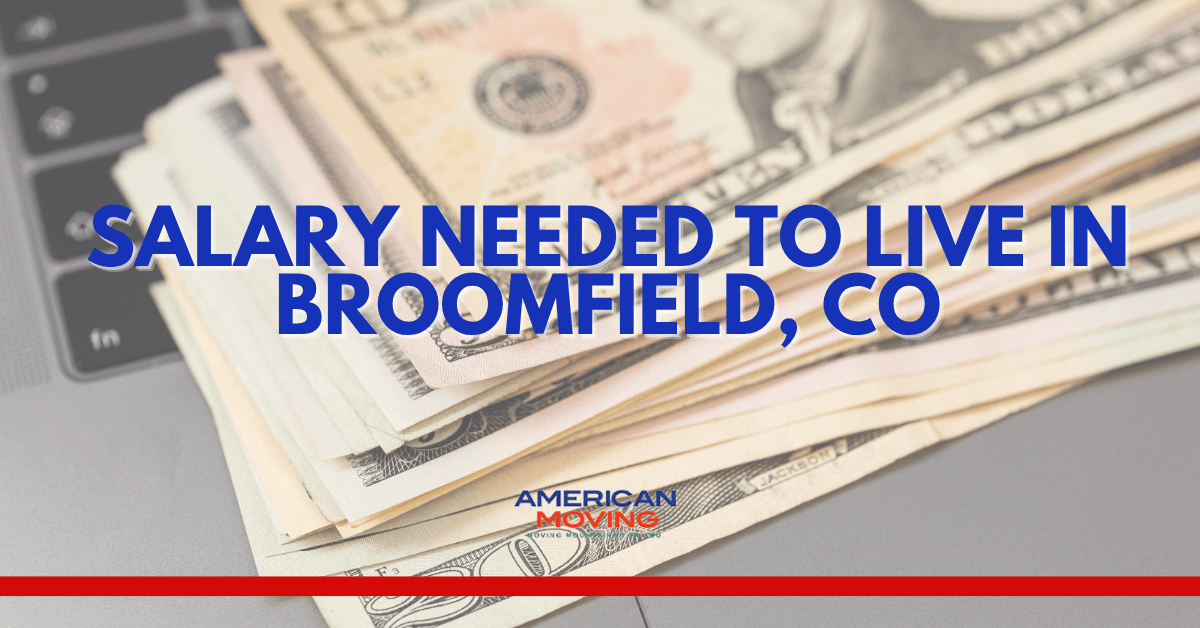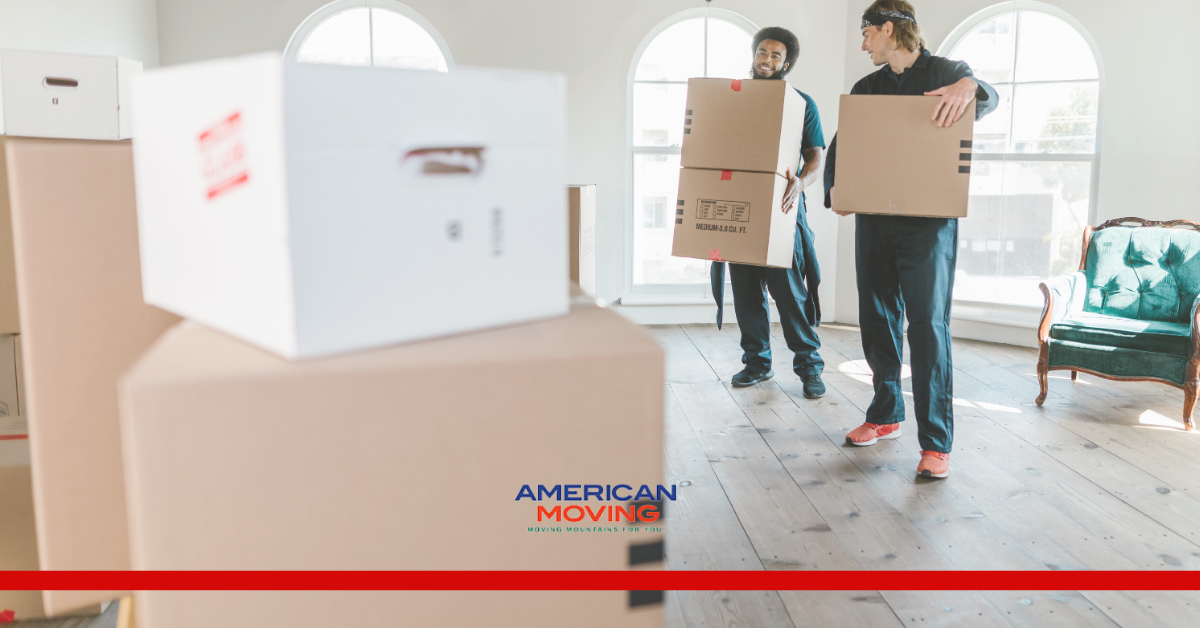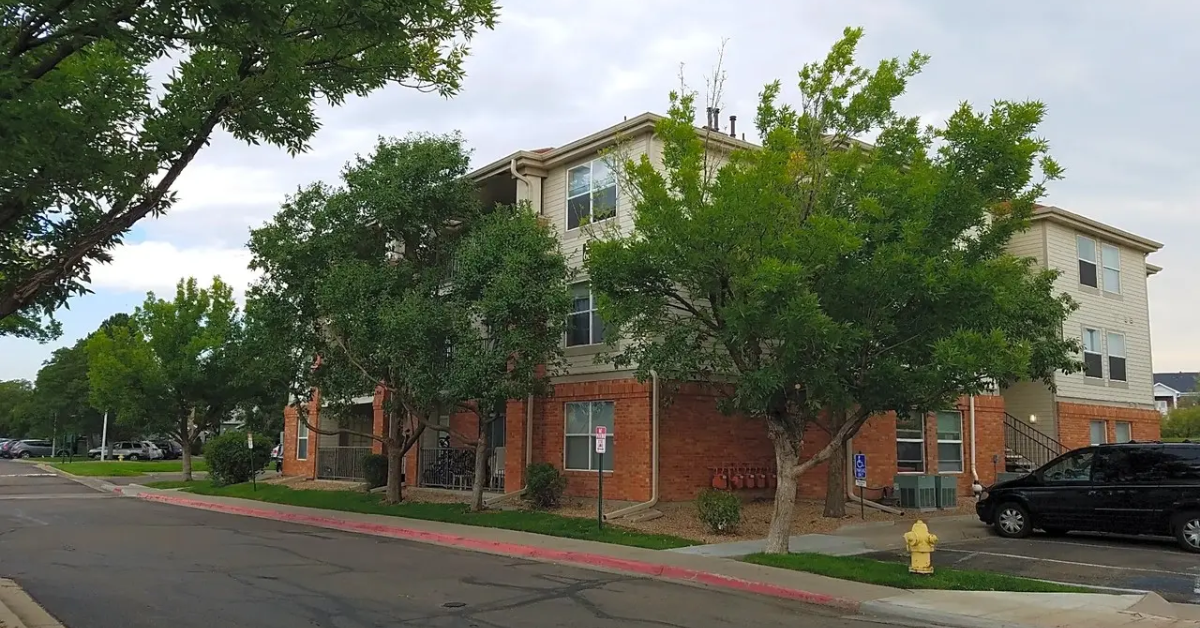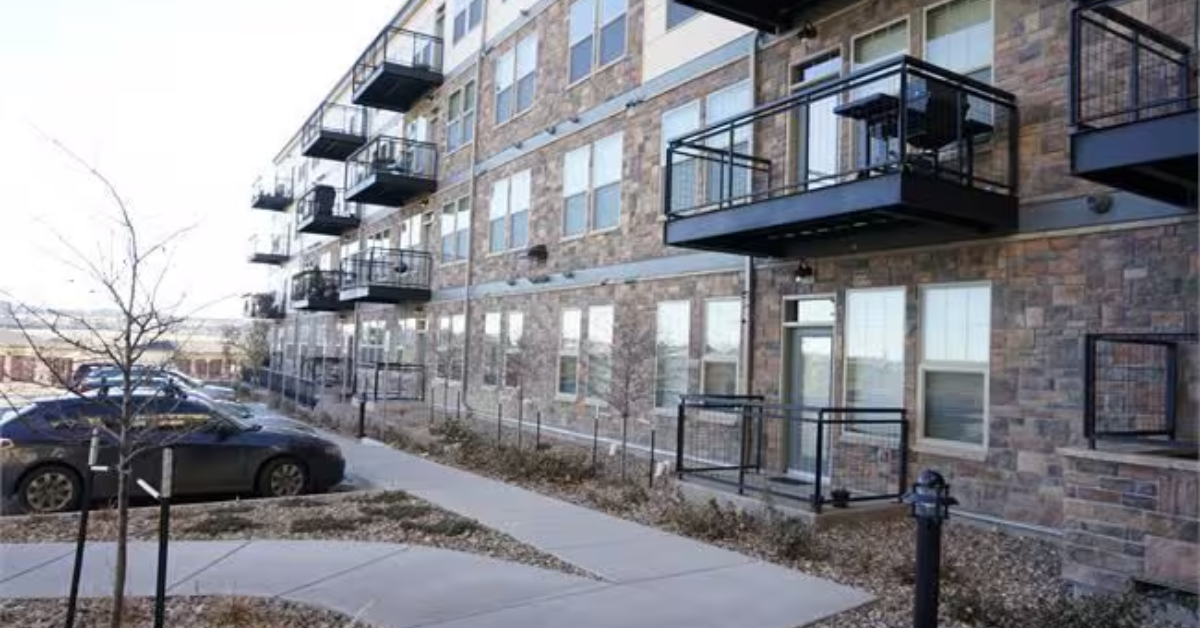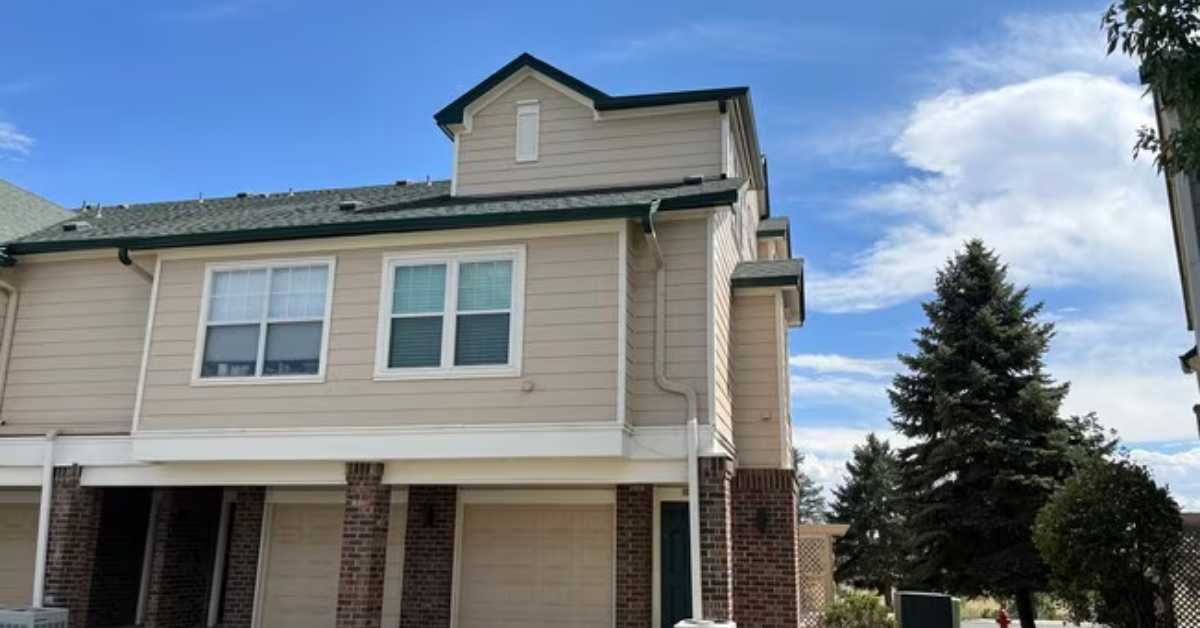Welcome to a thorough exploration of what it truly means and costs to move locally. Here at American Moving & Storage, a leading full-service moving company in Denver, Colorado, our mission is to demystify the process and expenses associated with local relocations.

1. Unpacking Local Moving Costs
When we talk about local moving costs, we're referring to the expenses incurred while relocating within a short distance, typically within the same city or state, and often defined by moves within a 50-mile radius. However, the commonality ends there, as numerous variables impact the final cost of your move.
Factors Influencing Local Moving Costs
Understanding the elements that influence moving costs is crucial for budgeting accurately. These factors include:
- Volume of Belongings: The more items you have, the larger the truck and the more labor needed, directly affecting cost.
- Distance Between Locations: While all moves in this discussion are "local," longer distances within the local spectrum can increase costs.
- Access Issues: Difficulty of access, such as narrow streets, lack of parking, or flights of stairs, can complicate the move and thus, add to the cost.
- Time of Year: Moving during peak seasons, like summer or holidays, often comes with a premium price tag due to higher demand.
- Additional Services: Services like packing, unpacking, or handling special items like pianos, can also add to the overall cost.
2. The Core Components of Your Moving Bill
A moving company's quote typically consists of several key components that together form your final bill. Understanding these can help you better anticipate your moving costs.
Labor Charges: Understanding Hourly Rates
Most local movers charge by the hour, with rates depending on the number of movers and the hours worked. This rate includes loading, unloading, and driving time.
Truck and Equipment Fees
The size of the truck and any additional equipment required for your move, such as dollies or protective blankets, also factor into your cost.
Packing Materials and Services
If you choose to utilize your moving company's packing services, costs will include labor and materials like boxes, tape, and bubble wrap.
Additional Services and Their Impact on Pricing
Many moving companies offer services beyond simply transporting your belongings from Point A to Point B. Opting for these services can make your move easier, but they will impact your final cost.
Packing and Unpacking Services
Professional packing can significantly reduce the stress of moving but remember, the convenience comes at a cost. Similarly, unpacking services at your new home can offer ease and efficiency but will add to your total expenses.
Disassembly and Reassembly of Furniture
Large furniture items often require disassembly for safe transport and reassembly at your new home. Moving companies typically charge for this service based on the complexity and time taken.
Specialty Items and Handling Charges
Items that require special care, such as antiques, art, or pianos, may incur additional fees due to the need for specialized packing or handling equipment.
3. Decoding Hidden Fees and Charges
A common concern when planning a move is the possibility of encountering unexpected costs. Being aware of these potential hidden fees can prevent surprises when you receive your final bill.
Travel Fees and Toll Charges
One commonly overlooked cost is the travel fee, which covers the movers’ time spent getting to your location and then back to their office after the move. If your move route includes toll roads, these charges might also be passed on to you.
Storage-in-Transit Fees
If there’s a gap between your move-out and move-in dates, your belongings may need to be stored temporarily. Storage-in-transit fees will apply, our company offers storage solutions and these can vary greatly depending on the duration and volume of storage.
Last-Minute Booking Fees
Planning your move well in advance is always advisable. However, if you find yourself needing to book movers at the last minute, be prepared for higher costs due to the rush service.
4. Budgeting for Your Local Move
Creating a budget for your move is essential for keeping costs in check and ensuring you can afford the services you need. Here’s how to get started:
Average Costs of a Local Move
The average cost of a local move can range from $300 to $1,500, depending on the factors previously discussed. Keep in mind, the more services you require, the higher the cost will be.
Creating a Moving Budget Checklist
A detailed checklist that includes all potential expenses such as packing supplies, mover fees, and any additional services can help you avoid unexpected costs. Remember to set aside a contingency fund for unexpected expenses.
5. Saving Strategies: Cutting Down on Moving Costs
Moving can be expensive, but there are ways to reduce those costs without sacrificing the quality of your move.
DIY vs. Hiring Moving Services: A Cost Comparison
While a DIY move can seem cheaper, consider the potential costs (both monetarily and physically) of renting a truck, buying packing materials, and the time/hardship of manual labor. Sometimes, the stress and physical toll can outweigh the cost savings.
Off-Season Moving Advantages
If possible, consider moving during the off-season (typically fall and winter) when demand for moving services is lower. This can lead to reduced prices and more availability.
Decluttering Before Moving
Reducing the volume of items to be moved can directly impact your moving costs. Sell, donate, or discard items you no longer need before you start the moving process.
6. Choosing the Right Local Moving Company
The moving company you choose can make a big difference in your moving experience. Here’s how to ensure you select the right one:
Verifying Credentials and Reviews
Research potential moving companies thoroughly. Check for licensing, insurance, and professional affiliations. Online reviews and testimonials can also offer valuable insights into a company’s reliability and customer service quality.
Understanding Quotes and Estimates
Always get a detailed estimate in writing. Be wary of lowball quotes that may indicate hidden fees or subpar service. Understanding whether your quote is binding or non-binding is also crucial.
Negotiating with Moving Companies
Don’t be afraid to negotiate. While not all costs are negotiable, you might be able to get better rates on additional services or during slower business periods.
7. Preparing for the Move Day
As your moving day approaches, proper preparation can significantly reduce stress and help ensure everything goes smoothly. Here’s what you need to know:
A Checklist for Moving Day Essentials
Creating a moving day checklist is vital. Include tasks like defrosting the fridge, preparing an essentials box with items you'll need immediately upon arrival (toiletries, chargers, a change of clothes, etc.), and confirming all details with your moving company one last time.
Timeline for a Stress-Free Moving Day
- A Week Before: Confirm arrangements with your movers and ensure all packing is nearly complete.
- A Day Before: Finish any last-minute packing and label boxes by room to streamline the unpacking process.
- The Morning Of: Secure parking for the moving truck, keep important documents and valuables with you, and do a final walkthrough of your home to ensure nothing is left behind.
8. Case Studies: Real-life Moving Scenarios
To better understand how planning and preparation can impact your move, let’s explore a couple of case studies.
Budget Moves
Consider Sarah, who was moving to a new apartment just a few miles away. By decluttering beforehand and opting to pack her belongings herself, she managed to keep her moving costs low. Sarah also chose a mid-week, mid-month moving date, taking advantage of lower rates.
Premium, Full-Service Moves
John and Rachel opted for a stress-free move despite a slightly higher budget. They chose full packing services, furniture disassembly, and temporary storage. The convenience and time saved made the investment worthwhile for them.
9. Frequently Asked Questions
Q: How much advance notice should I give when booking a moving company?
A: Ideally, you should book your movers at least 4-6 weeks in advance, especially if you’re planning to move during the busy season.
Q: Can I pack my own belongings to save money?
A: Yes, packing yourself can save money. However, be aware that movers may not be liable for damage to items you’ve packed.
Q: Is moving insurance necessary?
A: While not always necessary, moving insurance provides peace of mind, offering coverage for your items during the move.
10. Journeying Forward: After the Move
Once the move is behind you, there are a few steps you can take to settle into your new home comfortably.
Unpacking and Settling In
Prioritize unpacking necessities and gradually work through less essential items. This is also the perfect time to explore your new neighborhood and make it feel like home.
Post-Move Checklists
Creating a post-move checklist can help track tasks such as changing your address, registering for new services, and unpacking systematically to avoid feeling overwhelmed.
11. Seamless Moves with American Moving & Storage
At American Moving & Storage, our comprehensive moving services in Denver, Colorado, are designed to cater to all your moving needs, ensuring a seamless transition to your new home. From budget moves to full-service relocations, our team is committed to providing exceptional service tailored to your specific requirements.
Why Choose Us?
- Professional, licensed, and insured movers
- Transparent pricing with no hidden fees
- Customizable moving services to fit your needs





